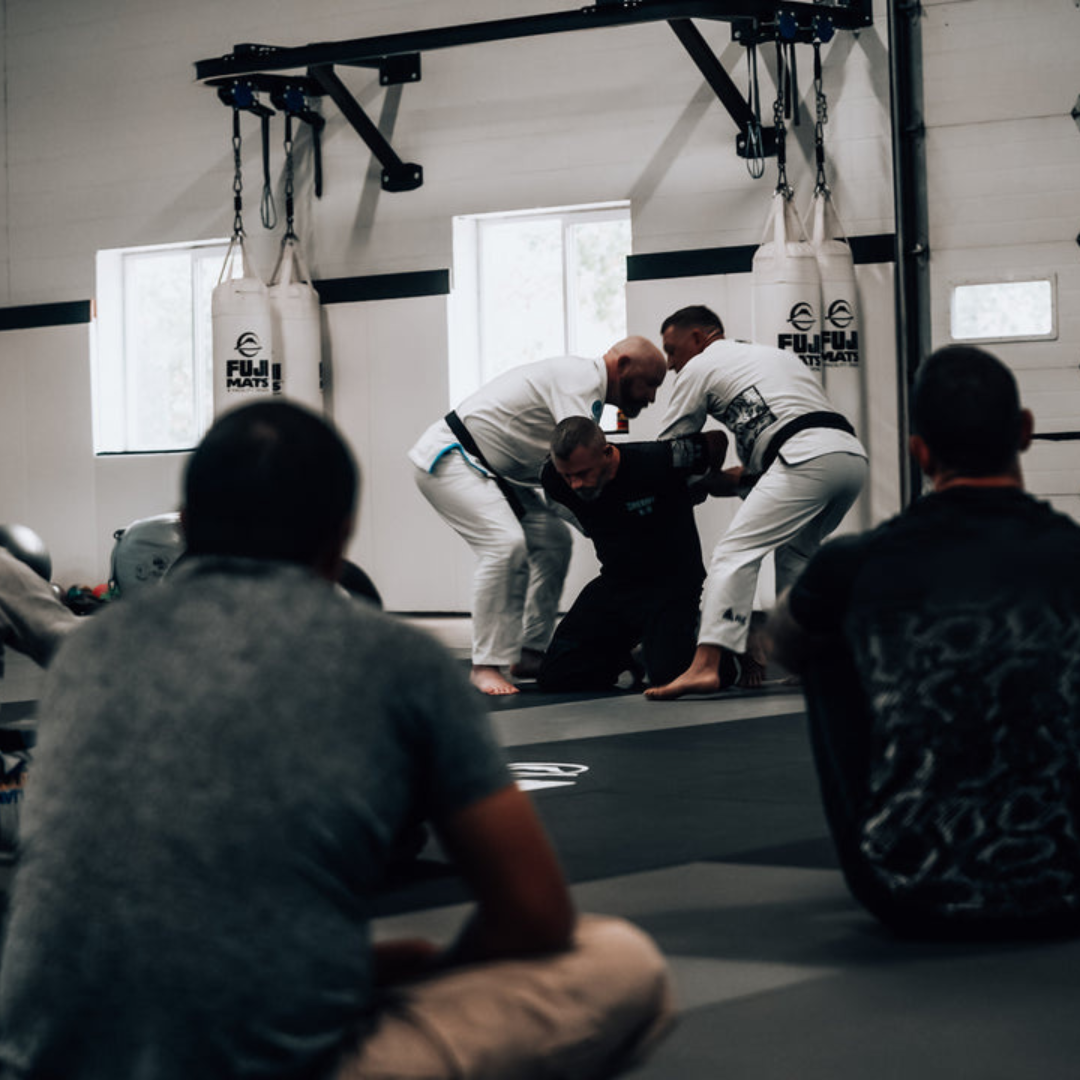Jiu Jitsu in Law Enforcement: Reasons To Train Beyond Control and Defense Tactics

Jiu Jitsu is more than just another martial art. For law enforcement, it can be a critical tool to ensure safety, control situations, and build better community relations. The benefits of adopting consistent Jiu Jitsu training within police agencies have become increasingly clear. Here are some orf the key reasons your agency should start training Jiu-Jitsu now.
Physical Fitness and Endurance
An officer's ability to function effectively is directly linked to their physical fitness. Jiu-Jitsu provides one of the best all-rounded workouts available, which will improve an officer's strength, flexibility, endurance, and cardiovascular health. Fit cops are also less susceptible to common injuries and medical issues.
Control vs. Escalation
Jiu-Jitsu's fundamental concept focus on control over brute force. This approach allows officers to control suspects effectively without escalating the situation, reducing the need for additional force and/or reliance on intermediate weapons like Tasers, pepper spray or batons. It also minimizes both officer and suspect injury, reducing many of the legal and public relations liabilities commonly associated with use-of-force incidents.
Confidence and Mental Health
Consistent Jiu-Jitsu training builds confidence in officers, born from the knowledge that they can protect themselves and others. Due to this confidence and the physical fitness aspect of training, officers will also improve their mental health, helping to better deal with stressful situations and making sound decisions.
Reducing Tool Reliance
Cops who are confident in their hands on skills are far less likely to rely on intermediate weapons like Taser, O.C. or batons, which almost always escalate a use-of-force encounter. This leads to a reduction in injuries to both officer and suspect, which in turn reduces legal and financial liabilities to the agency and city.
Building Positive Community Relations
Deescalation naturally leads to fewer confrontations and force-related injuries, which ultimately facilitates improved community-police relations. The learned respect and discipline from Jiu-Jitsu training can further bridge the gap between law enforcement and the communities they serve, fostering understanding and mutual respect. This is also true for building morale within the agency itself.

Jiu-Jitsu training for police officers offers is a game changer for the law enforcement industry. Its physical, psychological, and social benefits directly translate into increased competence, reduced force usage, and strengthened police-community relationships.



